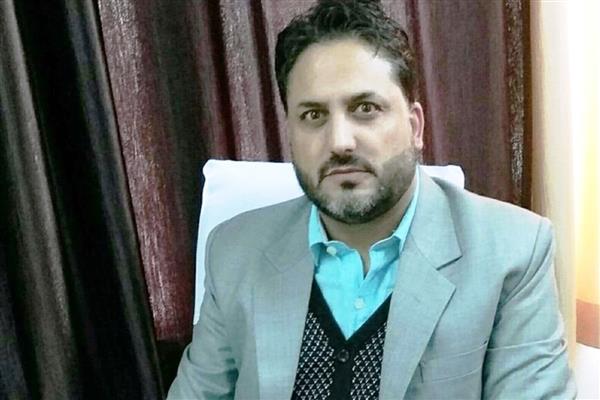Srinagar, June 10 (KNS): Amid buzz over possible errors in diagnosis with both RT-PCR tests and the faster antibody-based tests, president Doctors Association Kashmir (DAK), Dr Suhail Naik Wednesday said despite best efforts, no test can be 100% accurate.
Dr Naik, who is a senior paediatrician, said every test has its own rate of true positive, false positive, false negative and true negative.
“Despite best efforts no test can be 100% accurate,” he said.
According to statement issued to KNS, he said RT-PCR Covid- is highly specific that means if a patient tests positive, it is imperative to believe that person has infection, as the test is based on amplification of gene sequence very specific to virus.
“False positive is very rare possibility and occur if there is contamination of the sample, at the site of collection which may be wild theoretical guess,” said Naik.
He said sensitivity of test ranges from 50 to 60 percent and it further depends on many factors like viral load, site of specimen, timing of specimen, technical expertise etc.
Therefore, a person testing negative doesn’t rule out infection and all persons at high risk should go for strict 14 days home quarantine irrespective of test result.
Quoting a study published in Radiology, titled “Correlation of Chest CT and RT-PCR Testing in Coronavirus Disease 2019 in China,” he said investigators found chest CT achieved higher sensitivity for diagnosis of COVID-19 as compared with initial RT-PCR from pharyngeal swab samples.
General Secretary DAK, Dr Owais H Dar said that there have been situations where “we found pregnancy card test negative but Ultrasound documenting pregnancy.”
“It doesn’t mean pregnancy card test is useless but vindicates that no test is 100 percent sensitive. The combination of clinical symptoms, exposure history, and dynamic changes must be considered before concluding diagnosis or interpreting test reports,” Dar explained.
The doctors body requested netizens not to share information on social media with authenticity and believe authentic sources of information.
“There is a lot of misinformation and disinformation being circulated on social media which has misguide people and affected the treatment,” it said (KNS)

